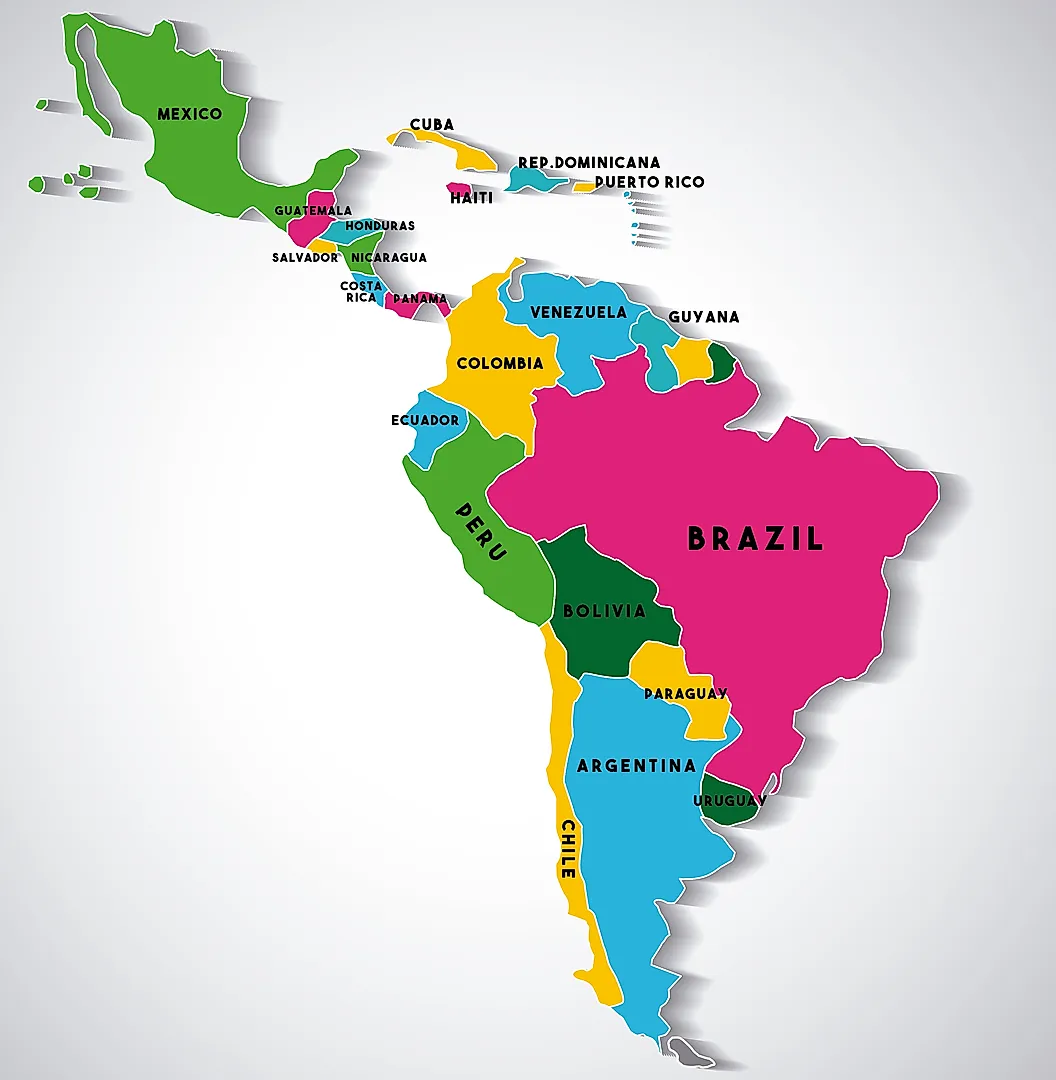In 2018, a scandal with all the elements of a political thriller broke in Argentina: the “corruption notebooks.” Centered around the chauffeur of a high-ranking public official who allegedly scribbled down everything he saw, including bribes, the case consumed public interest. And understandably so, as investigators claimed the writings were a smoking gun of Peronist corruption. Smack in the middle of the scheme, prosecutors say, was none other than former two-time President Cristina Fernández de Kirchner. The massive scope of the inquiry targeting government officials and businessmen will go to trial this Thursday. The judicial process, one of the largest corruption investigations in Argentine history, involves almost 90 defendants and could last up to two years. Kirchner, who is currently serving a six-year sentence under house arrest for her role in the case known as Vialidad, could receive additional jail time if convicted. Here’s a breakdown of the most burning questions of the case. What are the “corruption notebooks”? The writings are eight notepads allegedly detailing bribes construction companies paid government officials in exchange for state contracts. The payments supposedly took place during the administrations of Cristina Fernández de Kirchner (2007-2015) and her husband, Néstor Kirchner (2003-2007). The notebooks were written by Oscar Centeno, who worked as the chauffeur of Public Works Minister Julio De Vido’s right-hand man. Because of his job, Centeno saw the inner workings of the ministry and kept tabs on all of it, including alleged acts of bribery. When did the legal investigation begin? The probe started on August 1, 2018. The accused were investigated for bribes, irregularities in public works tenders, and fraud in the public administration. The judiciary accused Kirchner of being the head of an illicit association responsible for over 200 bribes between 2009 and 2011. Who is involved in the “corruption notebooks” case? Those involved in the case can be separated into two groups. On one hand, there are the businesspeople who acknowledged they had received bribes and agreed to cooperate with the investigation. The other groups include politicians who allegedly collected the money or were part of the scheme. Some of the businesspeople set to testify are: Juan Carlos De Goycoechea, who was the chief executive of the construction company Isolux. He turned himself in and was freed after becoming the first businessman to admit to making payments to Kirchnerist election campaigns. Ángelo Calcaterra, cousin of President Mauricio Macri and former owner of construction company Iecsa. He admitted to bribery and was charged but later became a whistleblower and was exempted from prison. Jorge Guillermo Neira, an executive at Electroingeniería, one of the most important contractors in national public works. He admitted to paying for electoral campaigns and was released. In addition to Kirchner, some of the government officials set to stand trial are: Oscar Centeno, who was accepted as a cooperating witness and released under witness protection. Juan Manuel Abal Medina, former chief of staff to CFK, confirmed that Baratta collected contributions from private businessmen for the 2013 legislative campaign. Julio De Vido, former Minister of Planning. Roberto Baratta, former secretary of the Ministry of Planning. Where did the notebooks come from? Argentines first heard about the “notebooks” in 2018 thanks to La Nación journalist Diego Cabot. He claimed that he received a box containing some of Centeno’s belongings from a former police sergeant that used to be his neighbor. Inside were the eight notebooks. According to Cabot, his first reaction was not to publish the information but to verify the claims. The journalist initially thought that Centeno could be a source for a story, as he was estranged from his former employer. The journalist decided to hand over photocopies of the notebooks to the courts once it became clear he would not collaborate. What is Kirchner’s defense saying? Kirchner’s defense has required the case to be declared null. They have presented two expert reports arguing Oscar Centeno’s writings were altered by third parties. Her lawyers, Carlos Alberto Beraldi and Ary Llernovoy, have also said that the businessmen acting as whistleblowers could have been pressured to declare against the former president. In October 2022, CFK was acquitted in a case that stemmed from the notebooks inquiry, a probe investigating corruption in transportation subsidies. However, she still has to stand trial in the main case.
New trial targeting Cristina Kirchner kicks off. What are the corruption notebooks?
Date:




